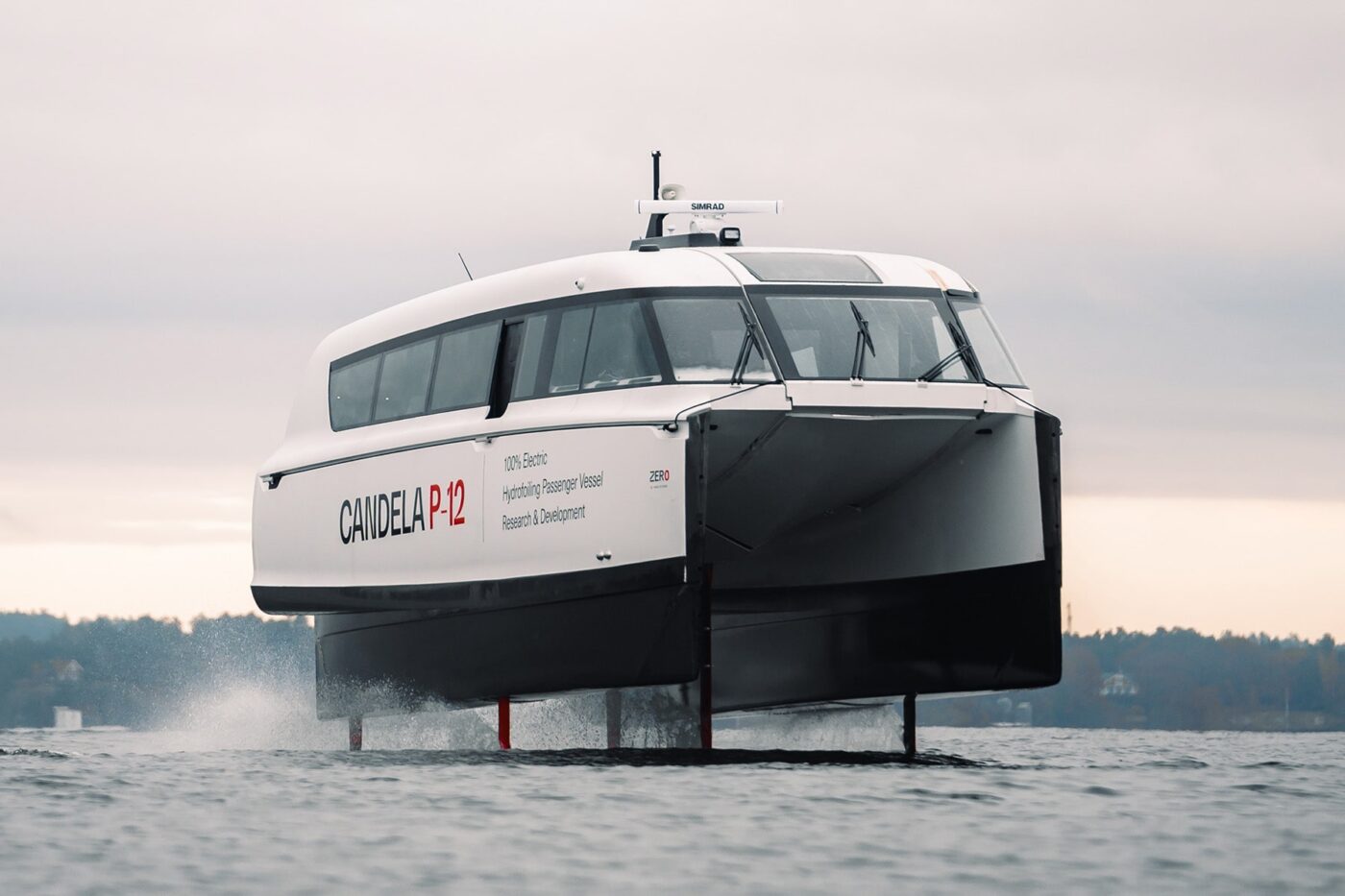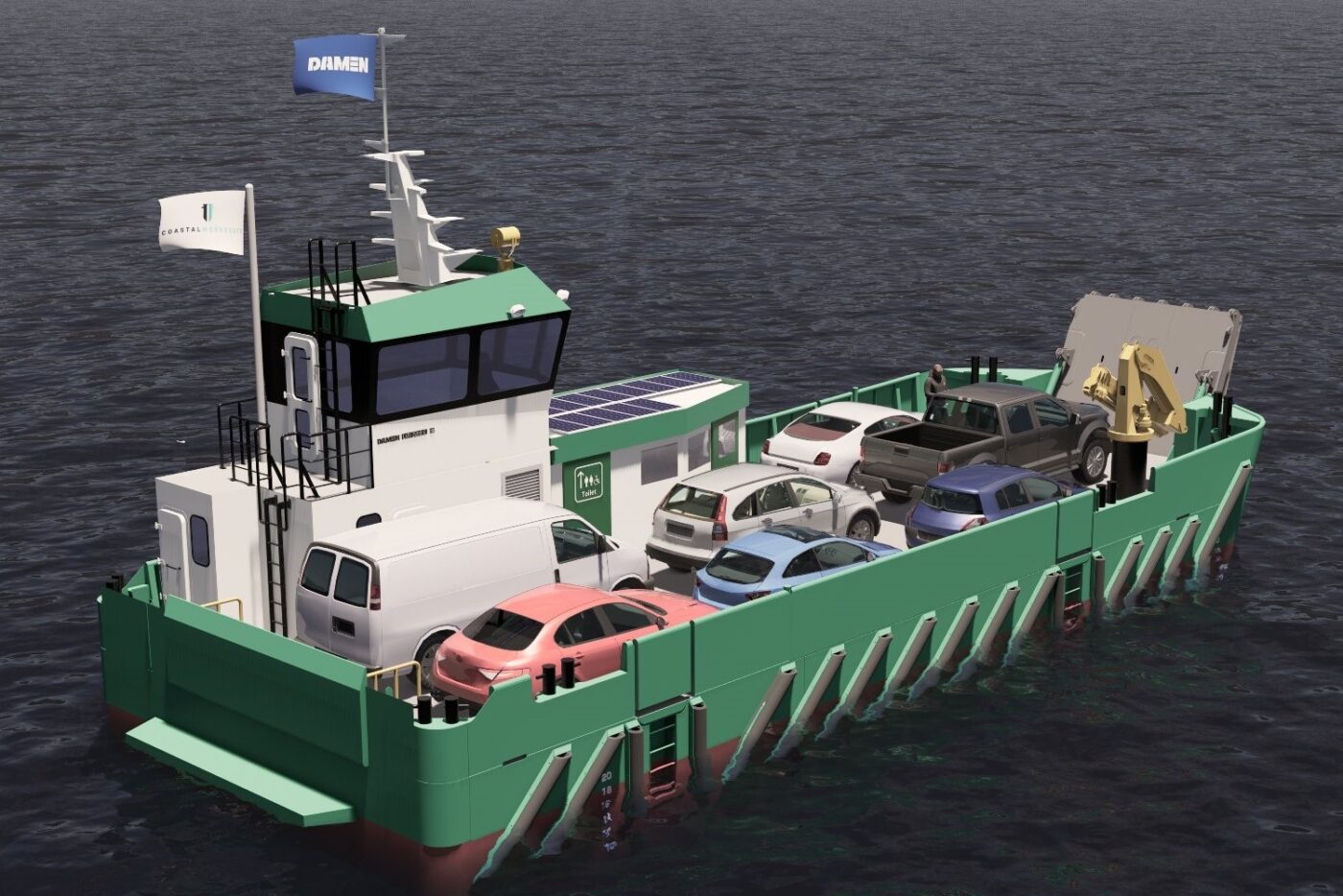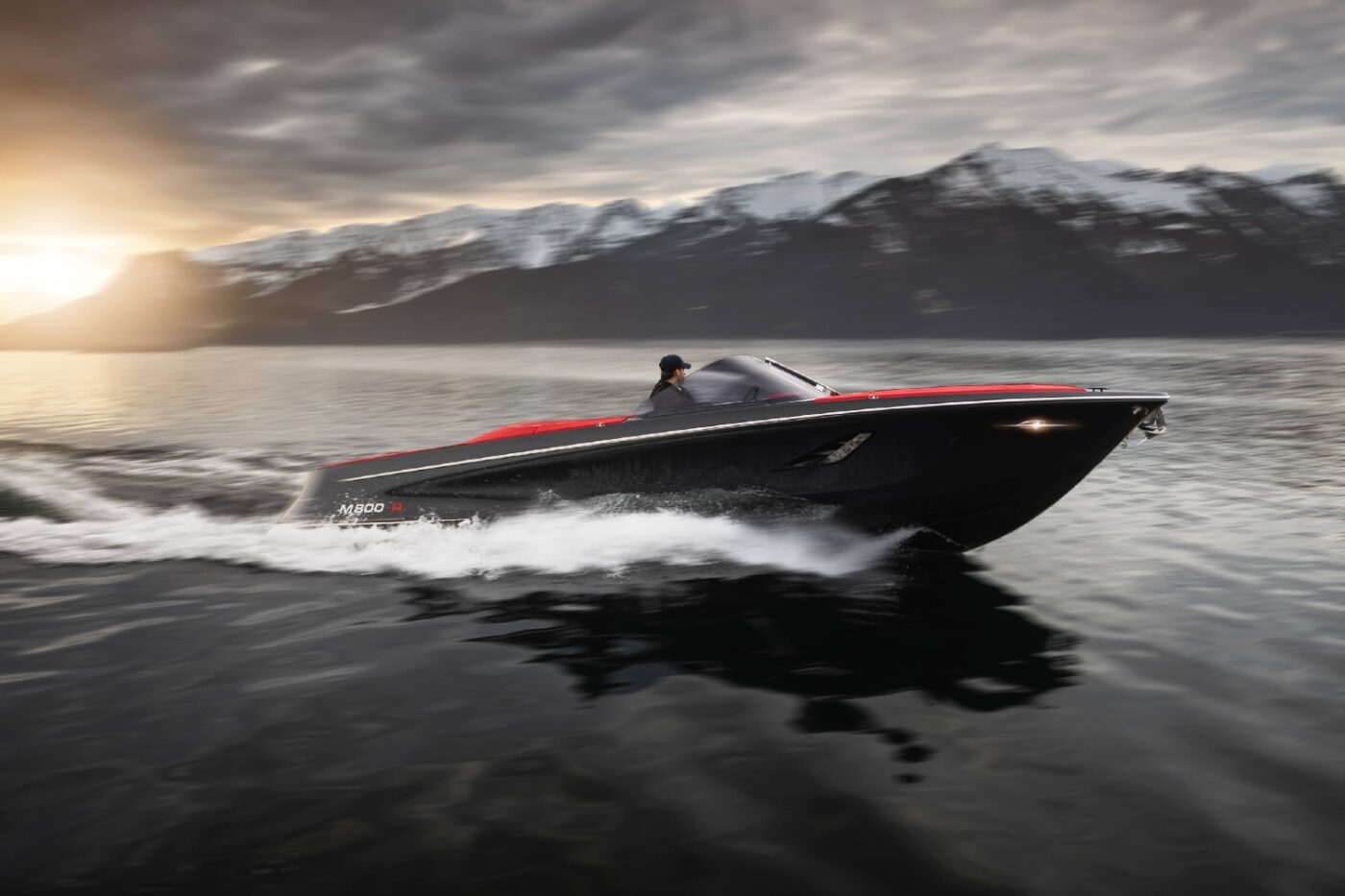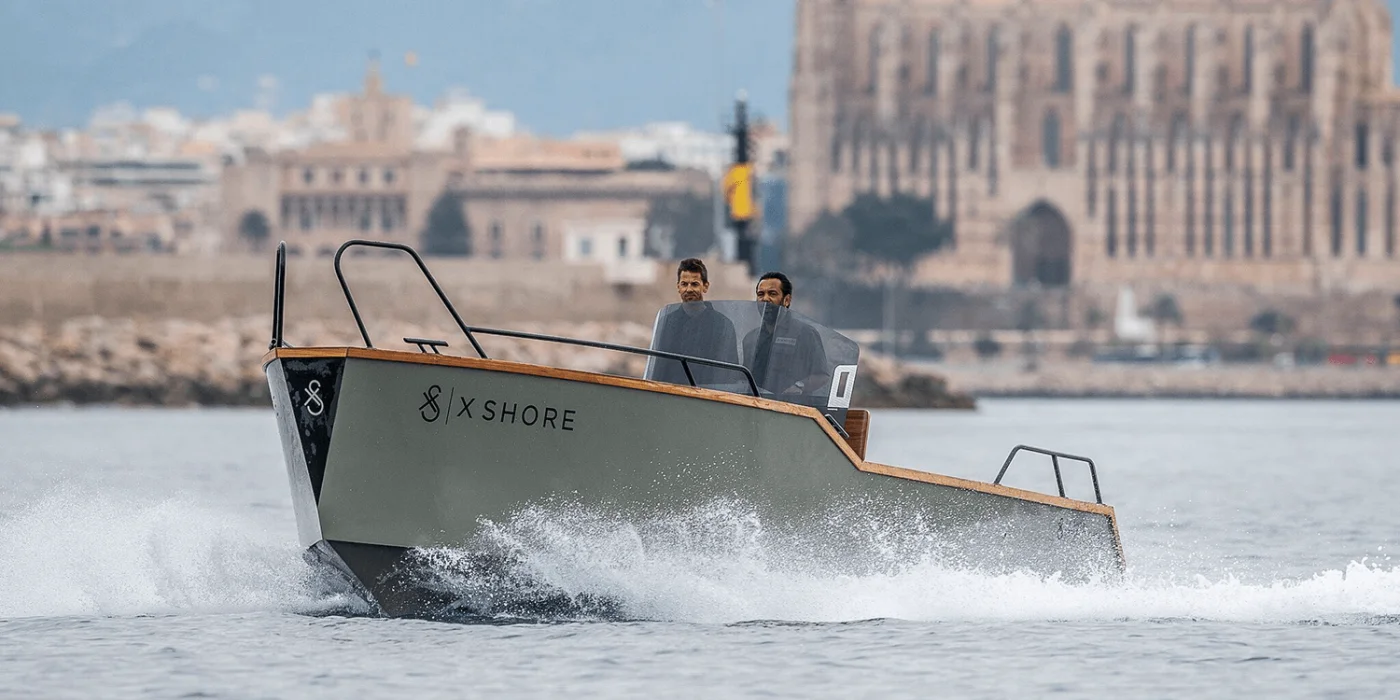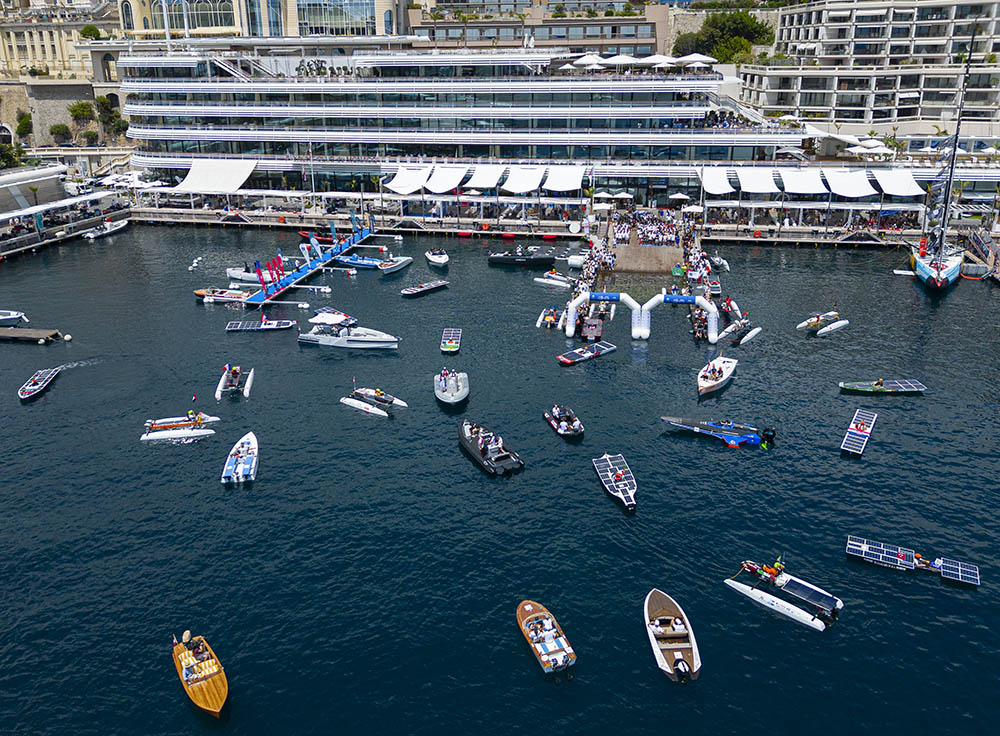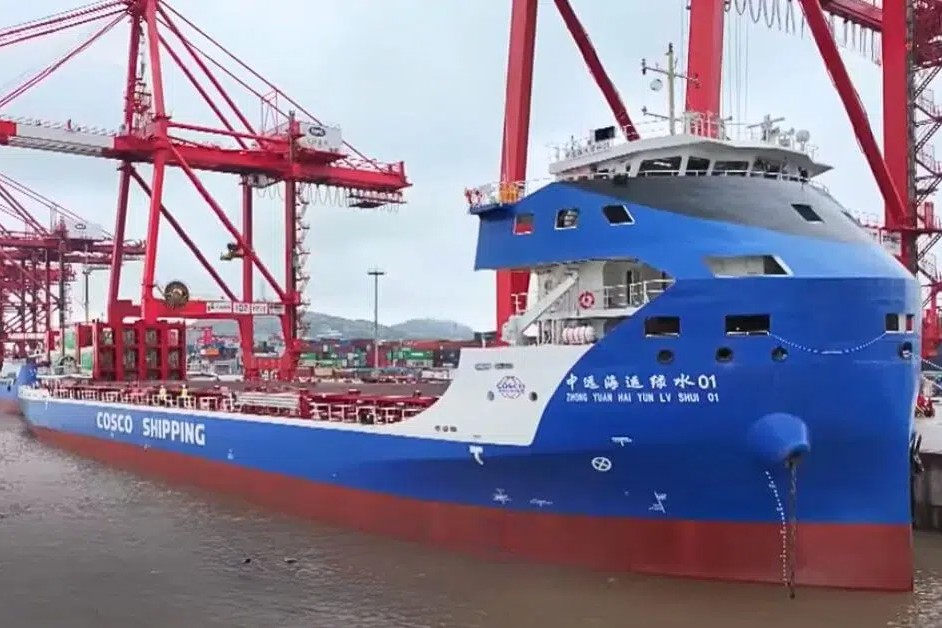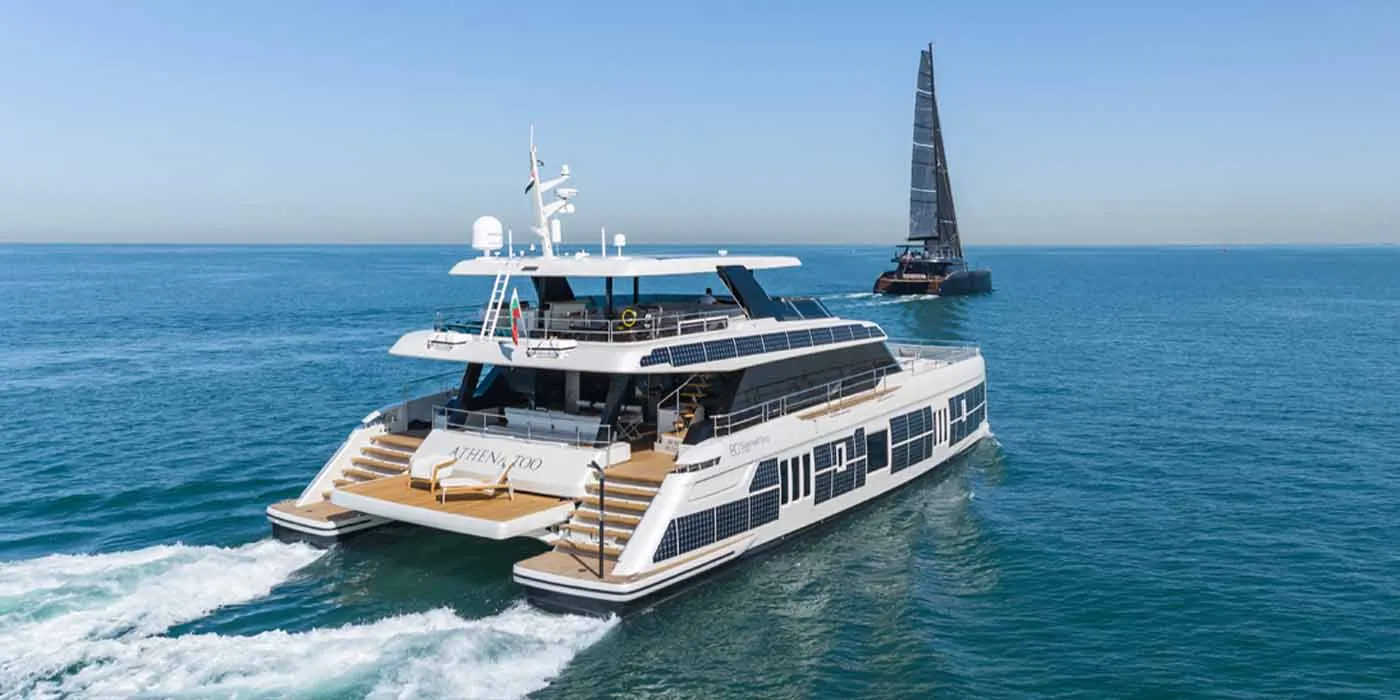Swedish electric boat manufacturer Candela has announced its most substantial funding round to date, securing €24.5 million (US $26.6 million). The company’s recent success comes on the heels of unveiling its P-12 electric ferry and signing its first commercial user, bringing Candela closer to its goal of replacing combustion engine watercraft with efficient electric boats in both recreational and commercial boating industries.
Candela’s innovative design incorporates computer-controlled hydrofoils that lift its boats above the water surface, enabling them to use 80% less energy than comparable vessels. This efficiency improvement is particularly significant in watercraft, where the hydrodynamic challenges result in lower efficiencies compared to land vehicles. Candela’s technology allows for smaller motors and batteries while achieving longer ranges.
Groupe Beneteau, a leading global boat manufacturer with a turnover of €1.46 billion, 15 factories, 9 brands, and more than 8,000 yachts built annually, was a key contributor to Candela’s latest funding round. Bruno Thivoyon, CEO at Groupe Beneteau, highlighted the alignment of the investment with the company’s ecological transition objectives, emphasizing Candela’s technology as a transformative solution for sustainable boating.
Candela’s CEO, Gustav Hasselskog, expressed excitement about Groupe Beneteau’s involvement, stating, “As the leading global boat company, their trust is a stamp of approval for our technology to transform waterborne transportation. We’re excited for the possibilities ahead.”
The funding round is expected to help Candela scale up production to meet the demand for its recently launched Candela P-12, the world’s first fast and long-range electric hydrofoil ferry. The P-12 boasts impressive environmental credentials, cutting lifetime emissions by 97.5% compared to diesel vessels while reducing operators’ costs by half.
With exemptions from speed limits in many no-wake areas due to its minimal wake generation, the P-12 is set to revolutionize waterborne transport. Its maiden route in Stockholm, starting in July, will reduce travel times by half compared to road transport and legacy diesel vessels, marking a significant step forward in sustainable and efficient marine transportation.

